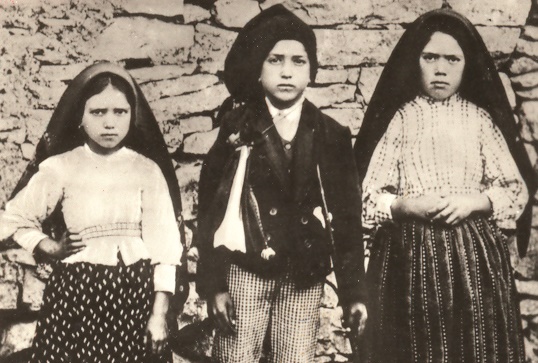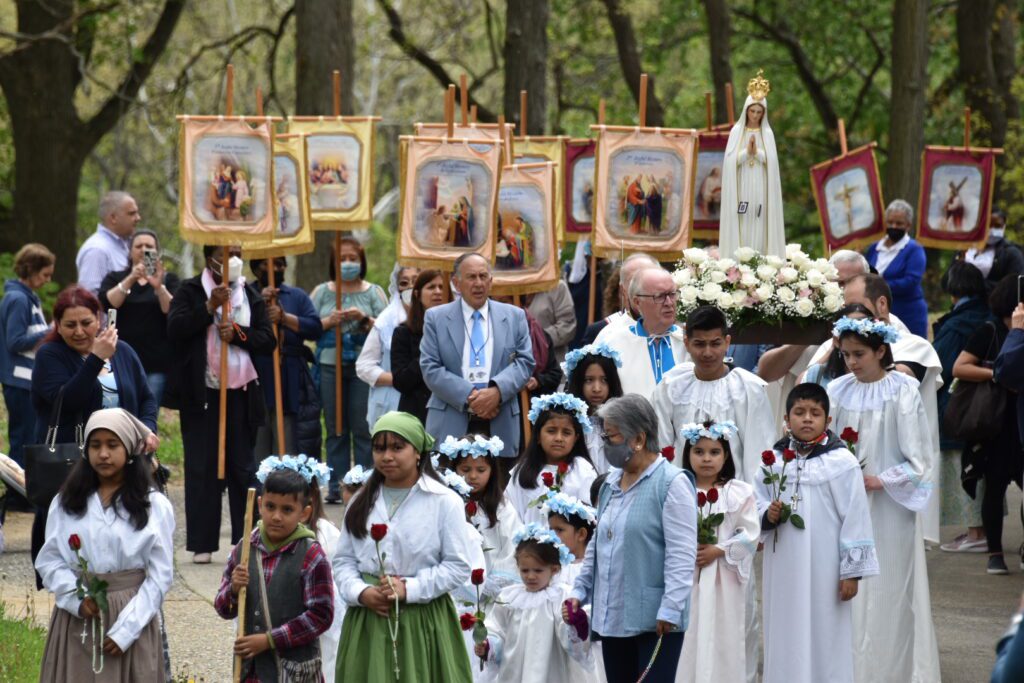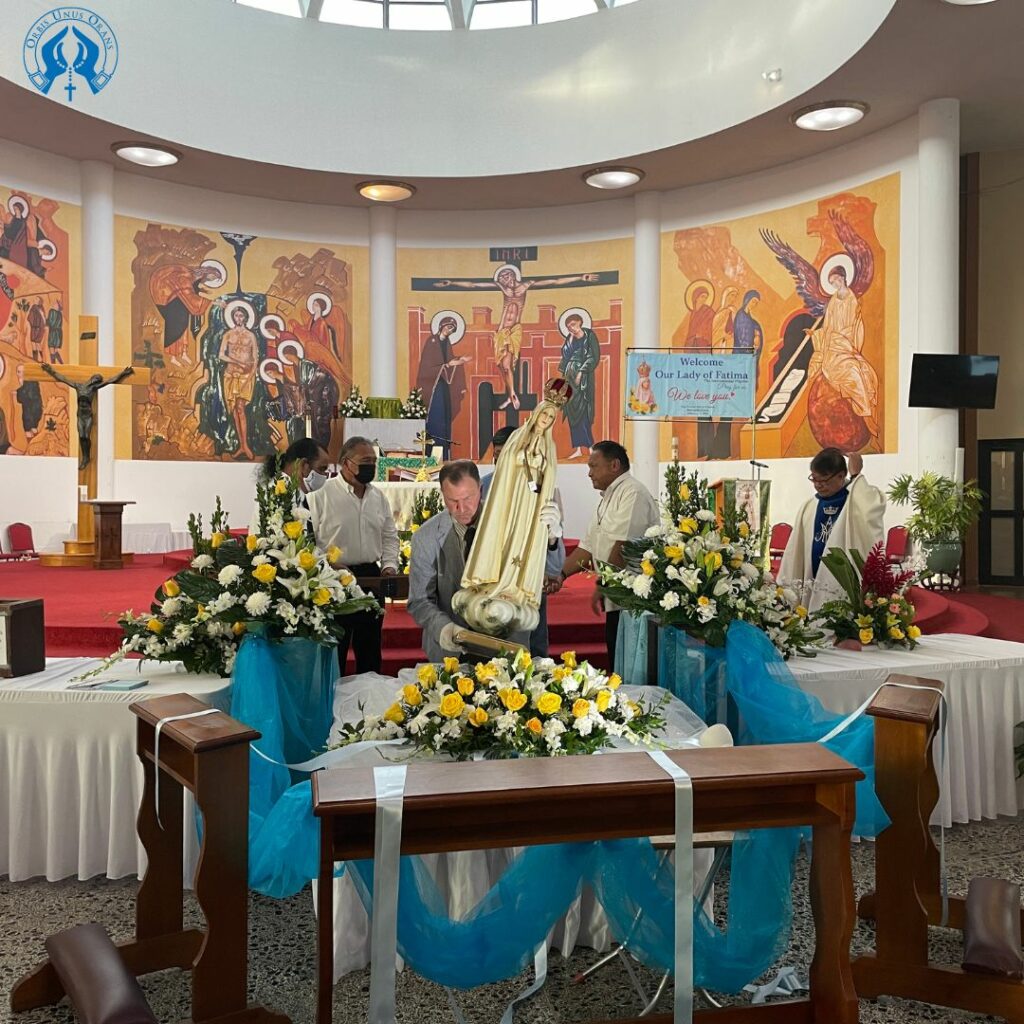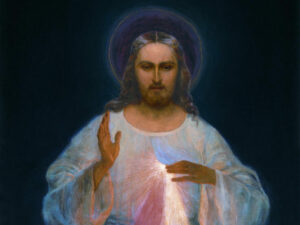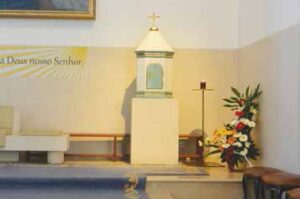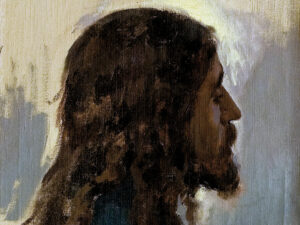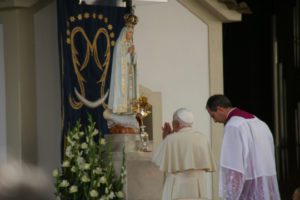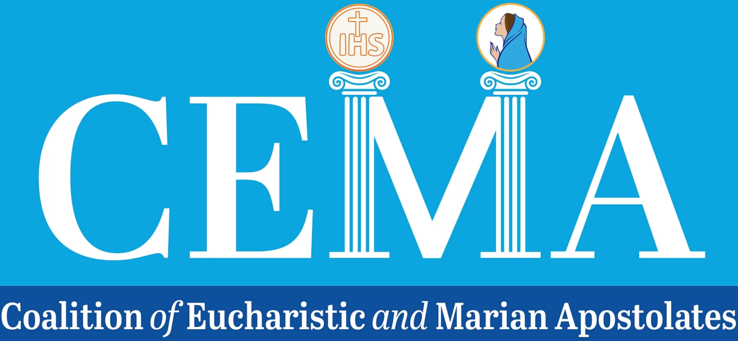by Donal Anthony Foley –


This evening, after 40 days of Lenten preparation, we will celebrate Christ’s resurrection from the dead during the Easter Vigil. The vigil is more than just a celebration of the Resurrection, since it is also a time when those who are to be received into the Church are baptized. Even if there are no candidates for baptism, the whole congregation is invited to renew their baptismal promises, a practice that further emphasizes the close link between Baptism and the Easter Vigil.
Easter is rightly seen as the high point of the Church’s year, since the Resurrection is the foundation of our faith, a point strongly emphasized by St. Paul in his first letter to the Corinthians where he stressed: “If Christ has not been raised, our preaching is useless and so is your faith” (CF 1 Cor 15: 12-20).
Just a few days ago, we remembered Christ’s Last Supper on Maundy or Holy Thursday, before experiencing once again the sadness of Good Friday with all the sufferings that Christ endured. Now on Holy Saturday, we await his Resurrection.
Regarding the sacrament of Baptism itself, after Jesus’s resurrection, he appeared to His disciples and said, “Go into all the world and preach the gospel to the whole creation. He who believes and is baptized will be saved; but he who does not believe will be condemned” (Mk 16:15-16).
He expanded on this when he appeared to the disciples in Galilee later on, where He indicated that baptism should be done in the name of the Holy Trinity (Jn 18:18-20). Prior to this, He had told Nicodemus, “Unless one is born of water and the Spirit, he cannot enter the kingdom of God” (Jn 3:5).
Baptism cleanses us from Original Sin and if it is administered to a person who is grown up and who has already sinned, even grievously, then the sacrament not only forgives all those sins, but also removes the punishment due to them. This means that if such a person was baptized and then immediately afterwards died, they would go straight to heaven without having to go to purgatory.
This is one reason why in the early Church some people, including the Emperor Constantine, put off baptism until they were near death. Most of us were baptized as children and so the vows that are made as part of the sacrament were pronounced on our behalf.
The Catechism of the Catholic Church sums all this up as follows: “Holy Baptism is the basis of the whole Christian life, the gateway to life in the Spirit, and the door which gives access to the other sacraments. Through Baptism we are freed from sin and reborn as sons of God; we become members of Christ, are incorporated into the Church and made sharers in her mission: ‘Baptism is the sacrament of regeneration through water in the word.’ (CCC 1213)
So Baptism is far more than just a cleansing from sin (See also CCC 1216). We do, in fact, find a definite link between the idea of Baptism and the sufferings and glorification of Christ in the Bible. During His preaching, Jesus exclaimed that He had come to cast fire upon the earth and wished that it were already kindled. In other words, He had a burning desire that the Gospel should be preached everywhere and that all should believe – that the fire of the Holy Spirit should be poured out on the whole world. (CCC 696)
At the same time, He knew that it was necessary for Him to suffer and die in order that this could take place, and so He went on to say: “I have a baptism to be baptized with; and how I am constrained until it is accomplished!” (Lk 12: 49-50)
The “baptism” he was referring to was not one with water, but regarded His sufferings and death on the Cross. (CCC 537)
In his letter to the Romans, St. Paul reflects significantly on how through Baptism we are united with Christ’s death, such that we are spiritually buried with Him and then raised from the dead with Him: “Do you not know that all of us who have been baptized into Christ Jesus were baptized into his death? We were buried therefore with him by baptism into death, so that as Christ was raised from the dead by the glory of the Father, we too might walk in newness of life. For if we have been united with him in a death like his, we shall certainly be united with him in a resurrection like his. We know that our old self was crucified with him so that the sinful body might be destroyed, and we might no longer be enslaved to sin. For he who has died is freed from sin. But if we have died with Christ, we believe that we shall also live with him” (Rm 6:3-8).
The Catechism (628) says this about the significance of Baptism: “Baptism, the original and full sign of which is immersion, efficaciously signifies the descent into the tomb by the Christian who dies to sin with Christ in order to live a new life.”
So when we were baptized, we underwent a mystical form of death and resurrection, which enables us to live a new type of life to the extent that St. Paul goes on to say: “So you also must consider yourselves dead to sin and alive to God in Christ Jesus,” (Rm 6:11); that is, our lives ought to be as free as possible from sin.
So let us live these days of Eastertide as well as we can, in the knowledge that through our Baptism we have spiritually risen again with Christ and can ultimately share in His glory.
Donal Anthony Foley is the author of a number of books on Marian Apparitions, and maintains a related web site at www.theotokos.org.uk. He has also written two time-travel/adventure books for young people, and the third in the series is due to be published later this year – details can be seen at: http://glaston-chronicles.co.uk


